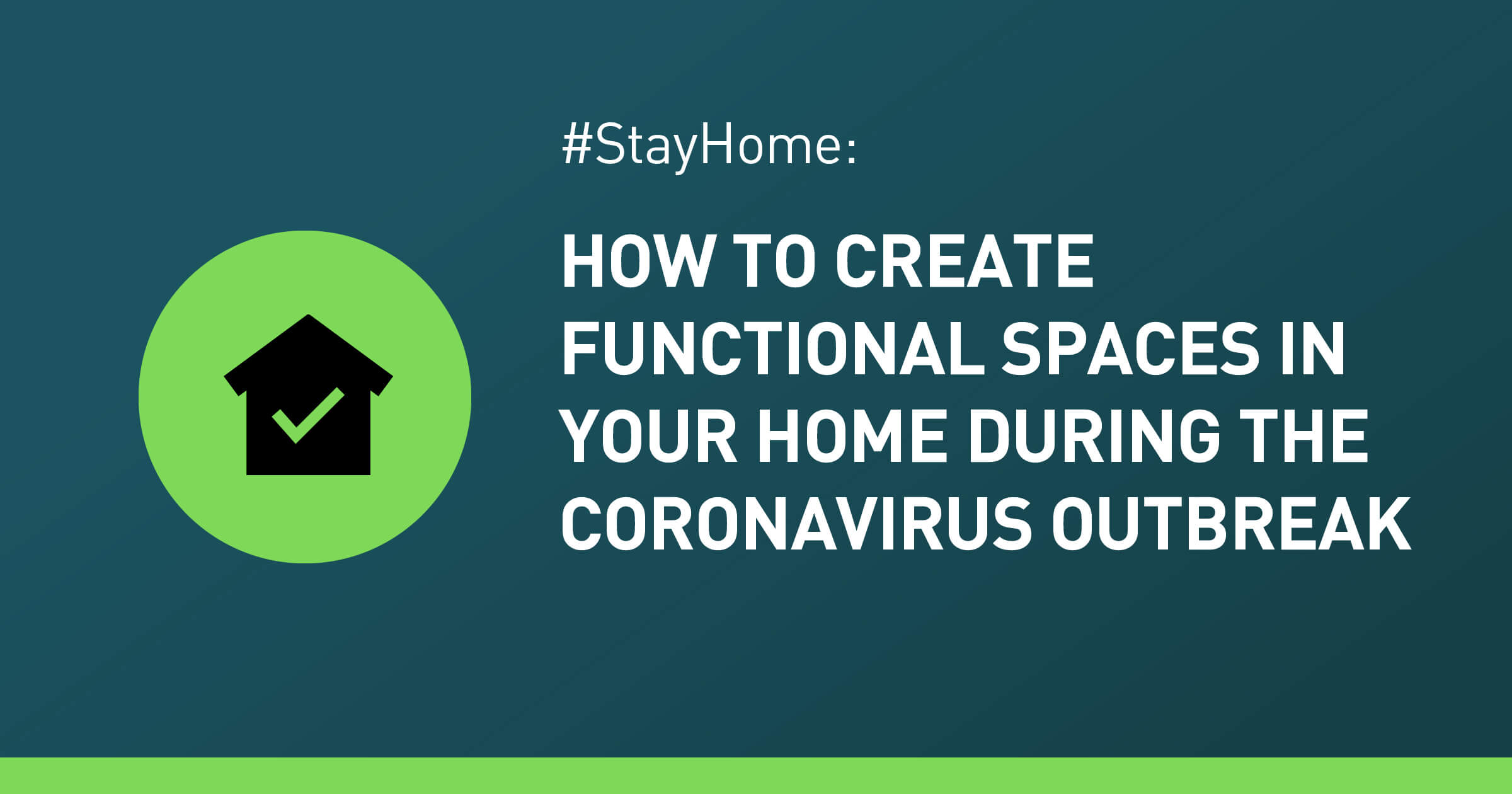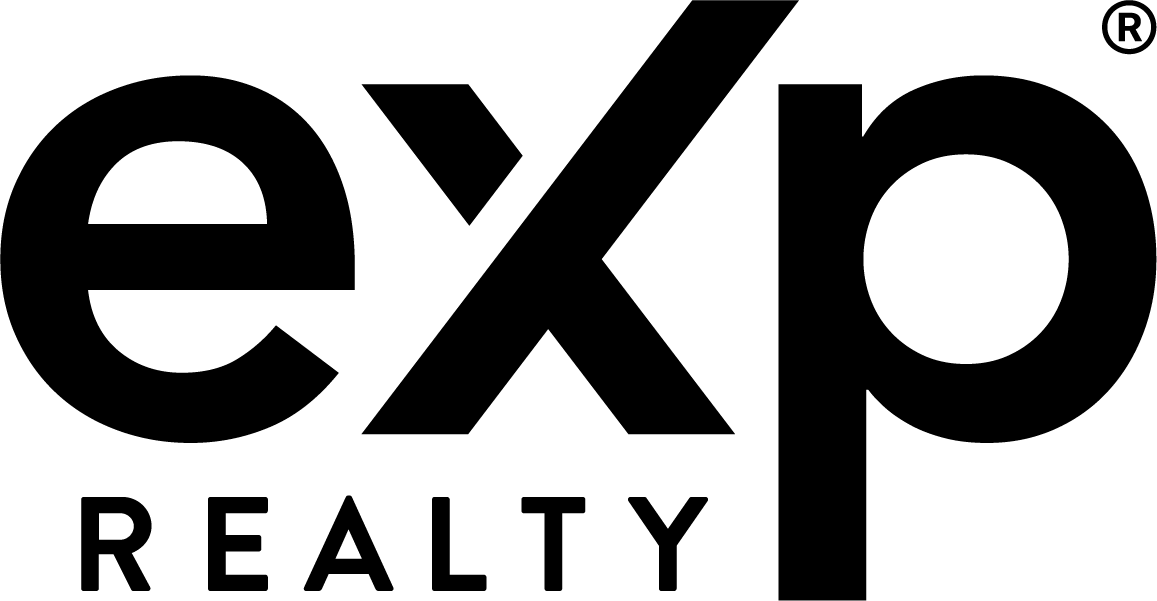Whether you’re buying or selling a home, it’s important that you know about these things first to en sure that you have an idea on what you’re up against:
1. Know your needs.
First, examine your lifestyle. Do you long for bucolic pasturelands? Feel energized by urban cityscapes? Looking forward to a family-friendly suburban lifestyle? It’s important to think of the limitations each locale places on your lifestyle and the perks each has to offer — before making the commitment to buy.
Suburban lifestyles are flexible, offering children the opportunity to play outdoors and enjoy a neighborhood environment. Urban areas offer greater social, culture, educational and career opportunities. Rural environs offer privacy, room to roam and the ability to pursue hobbies — such as gardening — on a larger scale.
In addition to locale, it’s important to think about the type of dwelling you’re considering. Will you quickly outgrow that handsome city brownstone? Is a country cottage the perfect size? Will purchasing a condo allow you to forego lawn and home maintenance and enjoy more leisure time? Source
2. Study Local Pricing
The first things to study are the current price trends in the area. For example, a potential investor should look to see if the price of homes is accelerating faster in one area than in others. Next, check to see if the average home price is more than in other neighboring towns. This will provide an idea of where the biggest demand is. Another reason to study these trends is that, over time, you will start to develop a sense for which prices are “fair” for certain properties and which are overpriced. For individuals looking to buy properties at the lowest cost possible, this knowledge can be invaluable.
Realtors and real estate agents are a terrific source for this information given their access to the Multiple Listing Service (or MLS). The local newspaper, the internet and the town hall may have a record of recent sale prices as well. Source
3. Perform a Land Survey
Before making changes to your property, it’s a good idea to find out your exact property lines. A month after they moved into their home, John and Jennifer had their land surveyed and discovered that their yard ended 8 to 10 feet closer to their home than the previous owner told them, leaving them confused as to where to build their fence. You can’t always rely on the seller’s knowledge of the property, so getting a land survey will clear up any uncertainties you have. Source
It is important that you incorporate the tips that were mentioned above before making a real estate deal so that you will know what to do once you start the process.
Contact:
Gary Wong Realty
2105 West 38th Ave.
Vancouver, BC V6M 1R8
(778) 862-9787






 Yvonne Yang
Yvonne Yang 
 Carlos Garcia
Carlos Garcia 


